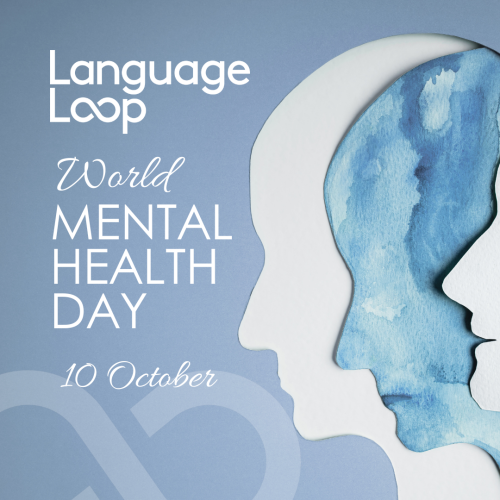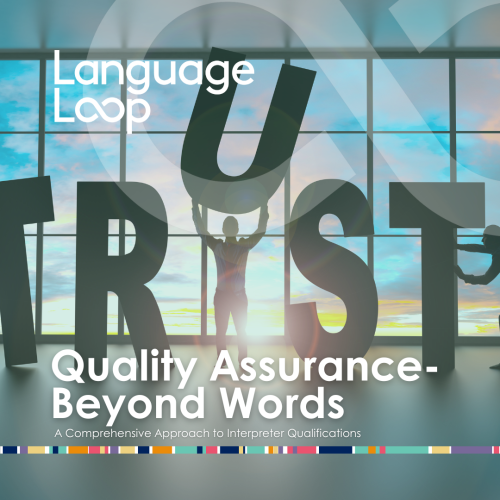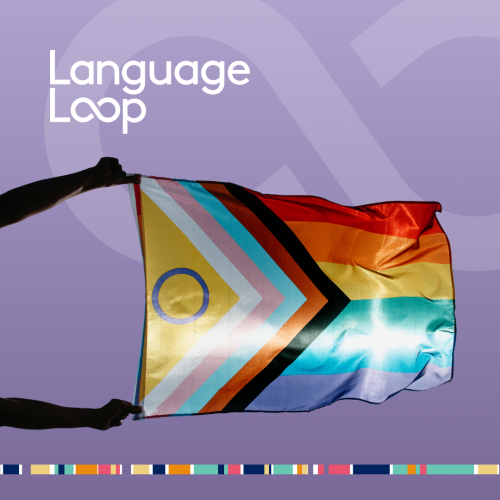Technical translation is the translation of material that deals with scientific and technical subject fields. It’s undoubtedly one of the most complex translation types there is, and requires a high level of skill and expertise to carry out effectively.
What skills does a technical translator need?
Since the content for these subject fields is highly specialised, technical translation must be undertaken by qualified professional translators who understand the subject matter and the specialised terminology used for the specific subject field. They must be able to understand difficult concepts in the source language and accurately transfer them into the target language using the correct terminology in the correct context. In addition to being language and subject matter experts, they must be able to search and consult reference sources and parallel technical information in both the source and target language.
Are there translation tools to assist with the process?
There are a range of resources that can assist technical translators with technical text types. One such tool is a term base, which is a reference tool that contains terms and instructions for the proper use of that term. A bilingual term base goes one step further, and contains the source term as well as the approved translation of the term. Translation memories, which are databases of stored source and translation segments, and client style guides are also critical resources for technical translators to be able to deliver consistent and accurate technical translations, readily understood by the intended audience.
LanguageLoop’s technical translation experience
LanguageLoop recently collaborated with J-Steel, an Australian engineering company, to translate a technical manual developed by Giken – a Japanese company that develops environmentally friendly machinery for the construction industry. J-Steel is the exclusive supplier of Giken machinery in Australia. The manual contained information about disaster prevention structures, disaster management technology, and the need for use of construction materials and methods that have been scientifically proven to withstand natural disasters. The language used was complex and it contained many environmental and construction terms that required specialist knowledge and research to translate accurately.
Our approach
LanguageLoop worked with J-Steel to understand the purpose of the manual and target audience, and provided our translator with this information to help with the translation process. We ran a term extraction to ensure that key terms were understood and translated correctly throughout the document. Given the complexity of the manual and the many environmental and construction terms, we selected one of our top technical Japanese translators with the specialist knowledge and sound research skills we needed to have the manual translated to the quality our client required.
Our translation management platform integrates translation memories and a centralised terminology management tool designed in such a way to enable our translators to immediately access approved translations directly within the translation editing environment. This technology combined with our large network of professional translators with expertise in specialist domains gives our customers the assurance they need to have their technical content translated to the standard they need.








